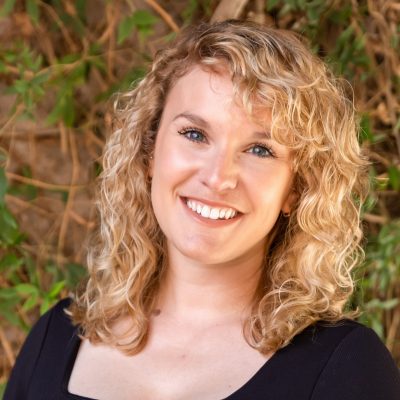9 Lessons from a Retired Group Exercise Instructor
Devon L. Thomas
I remember the interview that started my career here at the UA. That overcast morning of the interview, I walked to the Student Union Memorial Center in my gray suit, feeling better after having a bout of food poisoning — or maybe just nerves! — from the night before. After settling in to the small meeting room, the panel went through their introductory questions, and I started to feel a little better than I had the previous night. Then, the person who would be my future supervisor asked me to describe my previous experience teaching and facilitating in the classroom. I drew a blank. Why was she asking me this? I thought I was interviewing for a position to work on leadership programming, not teach classes.
I came up with a quick response that went something like, “Well, I’ve never taught a class before, but I do teach group exercise classes at my campus rec center!” I went on to describe my process for preparing to teach, which included subjecting my roommates to practicing my routines with me in our living room so I could get the timing down to different songs. I described demonstrating first, and then cueing my participants to move in a new way. I closed with an example of bringing my best self to class, even when I was feeling tired or injured, to create a great experience for my participants. While I thought it was a clever way to answer the question, I could read the look of confusion on the interviewer’s face. My future supervisor laughed and said, “You know this position involves teaching, right?” and we went on with the next series of questions. I realized in that moment that I was a little confused about what I was applying for, but tried my best to stay in the moment and move on.
I went back to my hotel room and re-read the job posting. In the frenzy of submitting as many applications as I could for funding for graduate school, I passed over an important detail about the role, and determined that yes, I had applied for a job that primarily involved teaching undergraduate leadership classes for students completing their minor in Leadership Studies through the College of Education. It became a lesson learned in revisiting the job posting before the interview so I didn’t get caught by surprise in the future. A few weeks later, I got my offer letter for that job the same day my grandfather passed away after a long battle with leukemia. I interpreted his passing as his message of encouragement, I accepted the offer, packed up my things, and moved to Tucson that summer.
I don’t believe that my group exercise experience was what got me the job and launched my career as an educator. However, once I started the job, I was able to make connections between the transferable skill of teaching I gained as an undergrad to my future professional goals. While preparing to teach looked a little different than preparing a new group exercise routine, it did involve outlining and practicing the lesson plans I was creating. Instead of creating a new kickboxing combination, I was coming up with strategies to demonstrate how systems thinking shapes our understanding of complex social issues like immigration. The content may have been different between my group exercise classes and leadership classes, but the outcome I was working towards was similar — I was designing learning experiences to engage participants with new ideas, concepts, and skills that they could use in future settings.
Looking back, many of my undergraduate experiences, including my general education courses, were transferable to my future roles. If it weren’t for my general education courses in improv or professional ethics, I would not be as confident with public speaking. My Close Relationships course for my Psychology degree provided me with active listening and conflict management strategies that I use when things get tough at home and at work. And the Honors general education courses that I completed during a summer in Poland helped me understand the ways that public squares can facilitate participatory engagement in democracy, and my responsibility to engage in such efforts in my own community.
All of these things are transferable skills, knowledge, and experiences that shaped who I am now and what I do at the University. I couldn’t have predicted that at the time, but through active reflection like journaling, preparing for interviews, creating portfolios, and saving projects from my academic coursework as well as my professional career, I continue to draw on these experiences and make connections to new ones. As you move through your learning experiences both in and out of the classroom, I hope you too see that these transferable skills like public speaking, conflict management, civic engagement, and teamwork are relevant, regardless of where you go next.
I never imagined when I interviewed for that job over 10 years ago that it would take me on a rewarding career path as an educator. I now know that learning happens everywhere. Whatever my professional role looks like in the future, it’s my responsibility to make connections between what I’ve learned and gained from my previous experiences so that they are relevant to what I’m going to do next. Ten years from now, I hope you are pleasantly surprised by how transferable the experiences from your Gen Ed courses have been.


